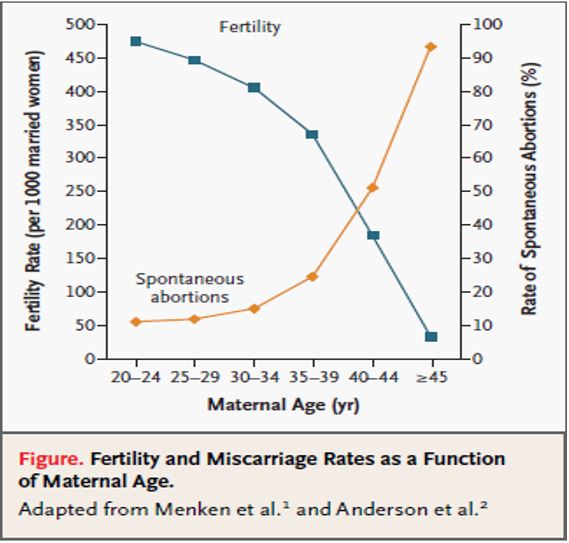Infertility
Overview
According to the Report Infertility prevalence estimates, 1990–2021, published by the World Health Organization in 2023 (https://www.who.int/publications/i/item/978920068315), the prevalence of the infertility rate is - worldwide - continuously increasing. The Report reports data from a meta-analysis of 133 studies conducted between 1990 and 2021 in various countries. In light of the results of the study, about 17.5% of the adult population has a condition of infertility (17.8% in high-income countries; 16.5% in low- and middle-income countries). Despite the magnitude of the problem, strategies for promoting preconception health and preventing, diagnosing and treating infertility are not widely and accessible. Although the Report does not investigate the causes of the phenomenon, the higher rate of infertility in high-income countries confirms the etiological relationship between exposure to environmental pollution and increased risk of infertility or hypofertility. as well as between lifestyles and predisposition to infertility.
On the other hand, it is well known that among the risk factors of infertility in women there are – alongside the "age" factor – the pollution of the living and working environment, lifestyles (nutrition; physical activity) and risky behaviors (consumption of smoking, alcohol, drugs). The "age" factor is, however, the most relevant. The change in lifestyle habits and social context has led to the postponement of the age of seeking the first pregnancy with the progressive approach of the age at which fertility begins to reduce and abortion to increase.
The "age" factor plays a less relevant role - although not entirely absent - in male infertility. Pollution of the living and working environment, lifestyles, risky behaviors and diseases of the reproductive system play an important role in the onset of infertility conditions.
(A Systemic Review on Use of Medicinal Plant for Management of Male Infertility, Thakur A, Sahu D, Kaur K, et al. Jorunal of Natural Remedies.DOI: 10.18311/jnr/2024/35142)
